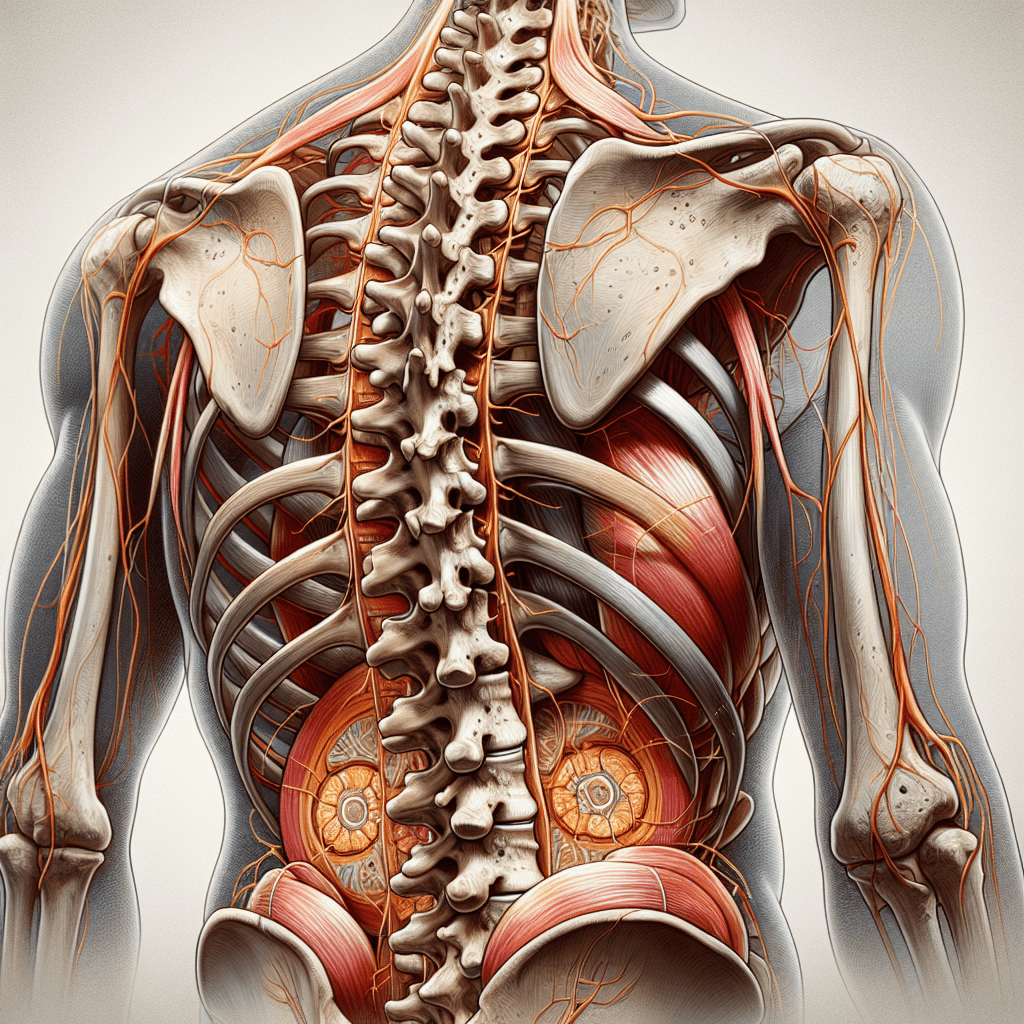Understanding the Various Causes of Back Pain
Back pain is a common complaint that affects people of all ages and can range from mild discomfort to severe, debilitating pain. The causes of back pain are diverse and can include muscle strains, herniated discs, spinal stenosis, and other underlying medical conditions. Recognizing the specific symptoms and characteristics of your back pain can help you and your healthcare provider determine the most likely cause and develop an appropriate treatment plan.

Common Symptoms Associated with Back Pain
- Dull, Aching Pain
- Description: A persistent, throbbing discomfort that may be felt in a specific area or throughout the back
- Possible Causes: Muscle strains, postural issues, or degenerative conditions like osteoarthritis
- Aggravating Factors: Pain may worsen with prolonged sitting or standing, and improve with movement or stretching
- Sharp, Shooting Pain
- Description: A sudden, intense pain that may feel like an electric shock or stabbing sensation
- Possible Causes: Nerve compression or irritation, such as in sciatica or a herniated disc
- Aggravating Factors: Pain may be triggered by specific movements or positions and may radiate to the legs or feet
- Stiffness and Restricted Movement
- Description: Difficulty moving the back or performing normal activities due to tightness or inflexibility
- Possible Causes: Muscle spasms, arthritis, or spinal stenosis (narrowing of the spinal canal)
- Associated Symptoms: Stiffness may be accompanied by pain or discomfort, particularly in the morning or after prolonged inactivity
- Muscle Spasms or Cramps
- Description: Sudden, involuntary contractions of the back muscles that can cause intense pain and immobility
- Possible Causes: Muscle strains, overuse injuries, or underlying conditions like fibromyalgia
- Associated Symptoms: Muscle spasms may be accompanied by tenderness, swelling, or knots in the affected area
- Numbness, Tingling, or Weakness
- Description: Altered sensations or loss of strength in the back, legs, or feet
- Possible Causes: Nerve compression or damage, such as in spinal stenosis, a herniated disc, or cauda equina syndrome
- Associated Symptoms: These symptoms may be accompanied by pain, difficulty walking, or changes in bladder or bowel function
While most cases of back pain resolve on their own with self-care measures, there are certain situations in which you should seek prompt medical attention:
- Back pain that is severe, persistent, or progressively worsening despite self-care measures
- Back pain that is accompanied by numbness, tingling, or weakness in the legs or feet
- Back pain that is associated with changes in bladder or bowel function, such as incontinence or inability to urinate
- Back pain that occurs after a significant injury, such as a fall or car accident
- Back pain that is accompanied by unexplained weight loss, fever, or chills (may indicate an infection or tumor)
If you are unsure about the severity or cause of your back pain, it is always best to consult with a healthcare professional for a proper evaluation and guidance. </details>
Less Common Symptoms of Back Pain
In some cases, back pain may be associated with less common symptoms that can provide important clues about the underlying cause:
- Bowel or Bladder Dysfunction
- Description: Difficulty controlling the bowels or bladder, or changes in the frequency or consistency of bowel movements
- Possible Causes: Cauda equina syndrome (compression of the nerve roots at the base of the spine), spinal cord injury, or other neurological conditions
- Associated Symptoms: These symptoms may be accompanied by severe back pain, numbness, or weakness in the legs or feet
- Night Pain or Sweats
- Description: Back pain that worsens at night or is accompanied by excessive sweating during sleep
- Possible Causes: Spinal tumors, infections like osteomyelitis, or inflammatory conditions like ankylosing spondylitis
- Associated Symptoms: Night pain or sweats may be accompanied by other symptoms like fever, weight loss, or neurological changes
- Unexplained Weight Loss
- Description: Unintentional loss of weight without changes in diet or exercise habits
- Possible Causes: Spinal tumors, infections, or systemic conditions like multiple myeloma
- Associated Symptoms: Unexplained weight loss may be accompanied by other symptoms like fatigue, loss of appetite, or night sweats
- Foot Drop
- Description: Difficulty lifting the front part of the foot, causing the toes to drag when walking
- Possible Causes: Nerve compression or damage, such as in a herniated disc or spinal stenosis
- Associated Symptoms: Foot drop may be accompanied by back pain, numbness, or weakness in the affected leg
When to Seek Medical Attention for Back Pain
While most cases of back pain can be managed with self-care measures like rest, heat or ice therapy, and over-the-counter pain relievers, there are certain situations in which you should seek medical attention:
- Back pain that is severe, persistent, or progressively worsening despite self-care measures
- Back pain that is accompanied by numbness, tingling, or weakness in the legs or feet
- Back pain that is associated with changes in bladder or bowel function, such as incontinence or inability to urinate
- Back pain that occurs after a significant injury, such as a fall or car accident
- Back pain that is accompanied by unexplained weight loss, fever, or chills (may indicate an infection or tumor)
If you are unsure about the severity or cause of your back pain, it is always best to consult with a healthcare professional for a proper evaluation and guidance. Early diagnosis and treatment can help prevent complications and promote faster recovery.
Conclusion
Back pain is a common complaint that can have a wide range of underlying causes, from simple muscle strains to more serious conditions like spinal stenosis or cauda equina syndrome. By recognizing the specific symptoms and characteristics of your back pain, you can work with your healthcare provider to determine the most likely cause and develop an appropriate treatment plan. If you experience severe, persistent, or concerning symptoms, don't hesitate to seek medical attention – your health and well-being are worth prioritizing.